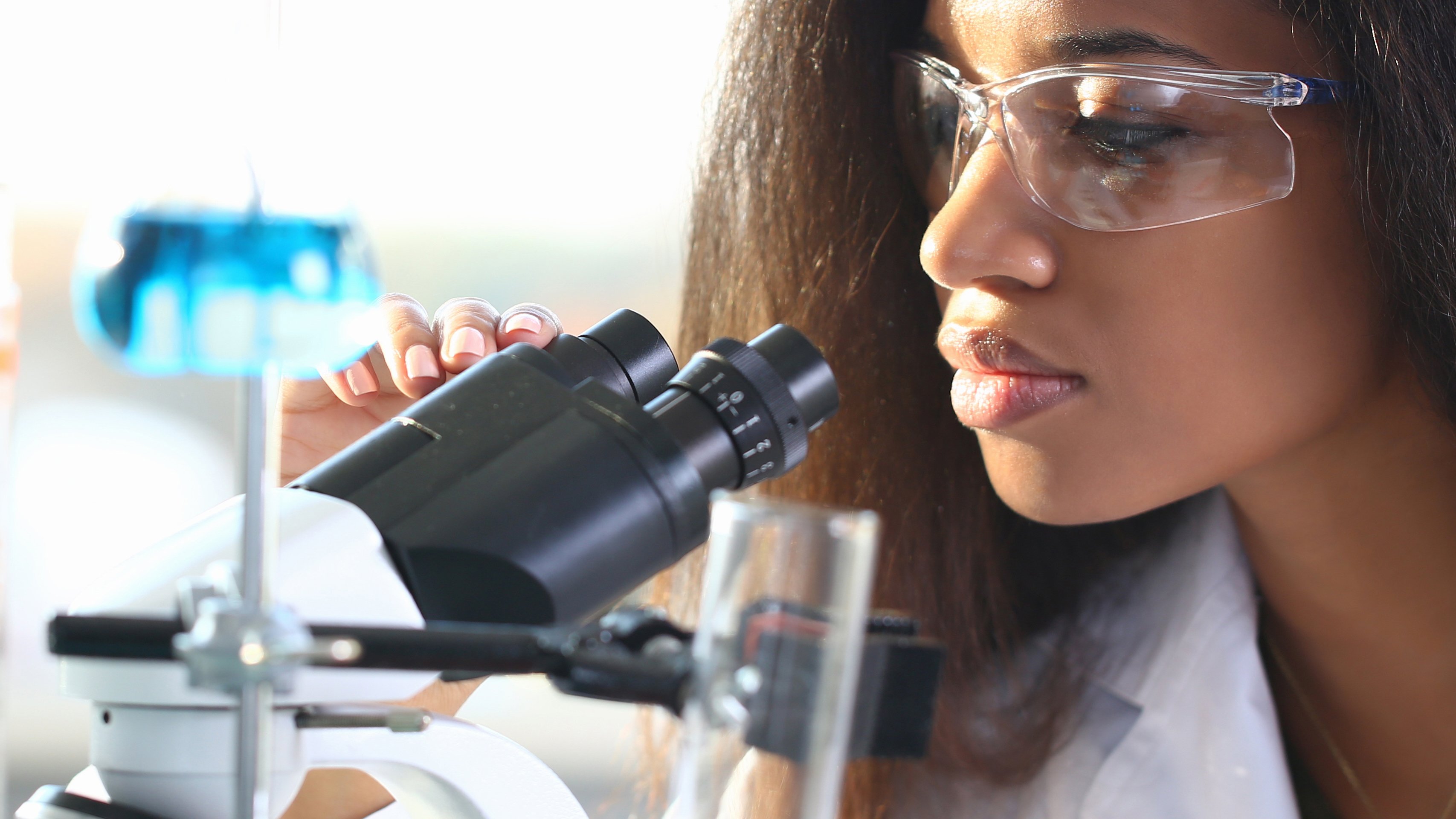Mechanics Behind Manufacturing Organs
While it’s not unusual for science and manufacturing to work together, what we’re poised to do now is unlike anything we’ve done before.
For years people have been working to bridge the chasm between research and commercial production.
Our next breakthrough: Through automation, we will help provide artificially produced tissues and even whole organs to people with serious injuries or disease.
This changes lives.
As quickly as the possibilities are unfolding, the advances largely are still in the research mode. The good news: While the recipes are incredibly specialized, the process of regenerative medicine manufacturing looks a lot like something you’d see in the making of a craft beer: Automating the process, and using data and analytics to monitor and improve that process to create consistent, predictable results.
Instead of making beer or bread or antihistamines, you’re controlling the growth of human cells.


